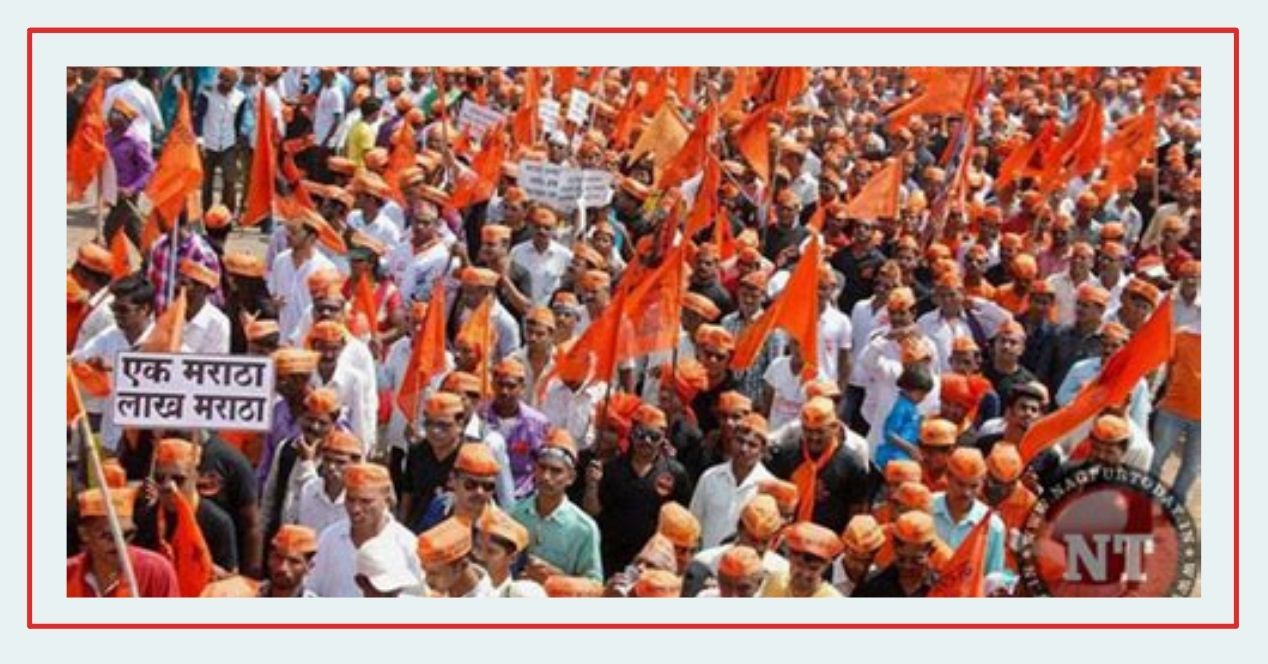Channel
SCO Explains: Reservations in PG NEET Admissions (3/4)
We discuss the normative gaps in the Court's reservations jurisprudence in the context of PG NEET admissions with Dr. Anup

Transcript
Ayushi Saraogi: Hello listeners. Welcome to SCO Explains, where we bring the work of the Supreme Court to you. In this episode, we continue to talk about EWS reservations in Neil Aurelio Nunes v Union of India, or the PG NEET case. We are joined today by Dr. Anup Surendranath, who teaches at National Law University Delhi. He focuses on the Supreme Court’s reservation jurisprudence in his research.
Dr. Anup points out that significant normative gaps in the courts reservation jurisprudence will have to be addressed before we have more clarity on who should be included in the EWS category. In Episodes One and Two, we explored the key arguments in the Nunes case, where the Supreme Court through its Interim Order allowed reservations for PG students from Economically Weaker Sections in NEET admissions for this academic cycle. The concept of EWS reservations were introduced through an Amendment to Article 16 of the Constitution in 2019. Article 16 deals with reservations in public employment and education. It requires governments to show inadequate representation of SC STs and OBCs to provide reservation. However, the 2019 Amendment places no such requirement for EWS reservations. We asked Dr. Anup what the purpose of providing for EWS reservations was if not to remedy inadequate representation. The question, he answered, revealed tensions in reservation jurisprudence in India.
Anup Surendranath: There is no real conceptual or normative clarity coming from the Supreme Court on as to what are we doing with reservations, why are we providing reservations? Is it a distributive measure? Is it a measure to ensure certain amount of presence.
And in that sense, it’s not a distributive measure. It does not lead to more equitable distribution of, opportunities and resources, but it is a question of presence ensuring presence, right? Or is it a share in power requirement right. So you know, you might say that what you’re trying to do with Backward Classes in 16(4) is very different from what you’re trying to do with 16(6), but that’s not what the Court has done.
We haven’t had that discourse from the Court on why are we providing reservations? And I think the Court’s reservation jurisprudence suffers from very fundamental confusions and contradictions. Unless we resolve that massive amount of gap, normative gaps, unless we fix those things, we have to keep going to keep sort of chasing our own tails in that sense.
Ayushi Saraogi: In the Nunes Order, Justice Chandrachud says the reservations aligned merit with substantive equality. He says that without reservations, admissions based only on merit will not account for many social educational and economic privileges that enabled upper caste and class individuals to score high marks.
Do you think these observations provide clarity on the purpose of reservation?
For me, it is not as sufficiently nuanced conversation or a nuanced discussion. Right. To resolve some of these tensions, is it a conversation in the right direction for sure, right? It is for sure. Sort of to say that, reservations are not anti-merit. We need to have a far more, comprehensive, contextual understanding of merit.
Absolutely no disagreement with that, but I don’t, I mean, I think that is something that, um, the court has discussed and, but I don’t think it goes to resolving the tensions, in equality jurisprudence sufficiently. So while I have no disagreement with it, I don’t think in any way, does the kind of normative resolution that is required in India’s reservations jurisprudence.
And then let me say what I mean by that, right? How you might look at the question of merit, in public education. Or, even within public education, within primary education as compared to higher education as compared to postgraduate education, then as compared to group B services or group A services in public employment cannot and will not be the same, right.
While we can have this overarching approach to merit, what really is required is to say what is its application to these specific contexts? Right. And unless that kind of deep fine-tuning happens, we are going to find ourselves in the zone of lack of clarity. And without the lack of clarity, we are not going to be able to address so many of these questions that are coming up in court now.
I don’t think we have really teased out the purpose of reservations. And as I said, why do we provide reservations in a representative bodies, could have a very different logic of its own, compared to why we provide reservations in primary education compared to reservations in higher education and compared to reservation within public employment and the different layers of public employment. Right. So it requires that nuance, that breaking down and that engaging with the complexity of each of its own levels. Right. So I, I would say that.
Malavika Parthasarathy: One of the arguments that was made against reservations in PG NEET specifically, is that it’s an advanced degree. It’s a degree after undergrad and therefore reservations are not required in that sense, because backwardness is overcome at an undergraduate level. The court said that just because one has obtained an undergraduate degree doesn’t mean that disparity between forward and backward classes is gone.
What exactly do you make of that argument?
I think the question is too broad and the answer is also too broad. Right? Framing it in that manner sort of misses the real question, I think, and the response also is too much at a level of generality, right? Not to say that I disagree with that general import of that response.
What I feel is to say the question to ask really for me, was how are we to consider questions of merit of who is qualified differently in undergraduate admissions and in post graduate admissions. That is the question. Should there be any difference in this treatment or should there be absolutely no difference in treatment and how questions of marks, merit, capability, all of that is considered at the undergraduate level versus how would this considered at the postgraduate level. Currently, the conversation seems to be a wholescale conversation, either be considered it, or we don’t consider it at all. And I think that misses the point, right? That misses the point in terms of saying how should this consideration vary depending on the context that we’re talking about. Right. I would play this out exactly in the context of let’s say primary education. What you would think as a role for merit and all of that in that context, I would think is, is a very, very, very low bar, right.
That right. Should it make a difference as you go through layers of the education system that requires normative engagement. And we haven’t seen that normative engagement. The only engagement we have seen is at a very general level, right? Should we sort of adopt this very traditionalist acontextual, almost a discriminatory attitude to merit by saying that oh merit is all that counts right. And nothing else. And merit as, as articulated through marks is only thing that counts. Should we do only that. And I think that misses the point right in opposing reservations. And then also in response to that opposition, that the level of response is also far too general.
It doesn’t tell us what should be the role of merit and how this broad understanding of merit and this contextualising of merit should play out in different layers and in different contexts.
Ayushi Saraogi: Will these fundamental questions be raised in this case? Will we begin to see the court fill some of these normative gaps in its reservation jurisprudence. While we wait for final arguments to commence in March, stay tuned for the next episode, where we talk to Dr. Anup about the implications of the Court’s demand for data in reservations, the delays this demand has caused in the benefits of reservations reaching its intended beneficiaries, and why fundamental questions on the gaps in reservation jurisprudence are not being asked at the Supreme Court.




